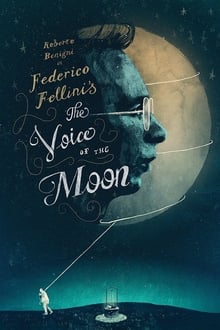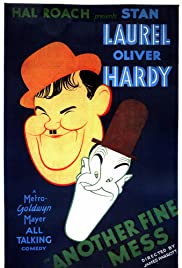Search


Directed by some of most well known Chinese-language directors of the time, the portmanteau film Four Moods was an attempt to alleviate Li Han-hsiang’s financial troubles during the late 1960s. Arguably one of his best works, King Hu’s short Anger is an adaptation of the famous Peking opera San Cha Kou; set to opera instrumentation and stylishly shot, the film deftly captures the tense showdown between political schemers, avengers and vagabonds inside an inn. Li Han-hsiang’s Happiness, inspired by the Strange Tales of Liaozhai, tells a tale of reprieve for a kind-hearted ghost, while Pai Ching-Jui’s Joy and Lee Hsing’s Sadness both explore the fateful encounters between mortal men and ghostly women.

Returning to themes he first explored in La strada (1954), Fellini crafts a parable on the whisperings of the soul that only madmen and vagabonds are capable of hearing. The odd couple, Ivo Salvini (Benigni), a fake inspector of wells, and Gonnella (Villaggio), a former prefect, wander through the Emilia-Romagna countryside of Fellini’s childhood and discover a dystopia of television commercials, fascism, beauty pageants, rock music, Catholicism, and pagan ritual.
